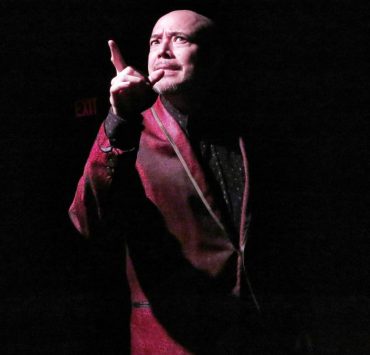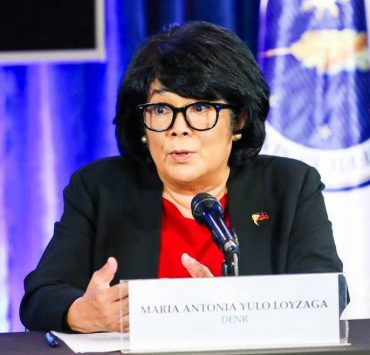House approves ‘subsidy’ for informal settlers awaiting gov’t housing
The House of Representatives approved on third and final reading a bill granting informal settler families (ISFs)—or those displaced by evictions, demolitions and natural or man-made disasters—a “subsidy” of P3,500 that they can use to rent temporary dwellings until they can move to government housing projects.
With 255 lawmakers voting in favor and three opposed, House Bill No. 9506, or the proposed Rental Housing Subsidy Program Act, was passed in plenary Tuesday night.
The measure calls for a program that will “provide social protection and support to ISFs in accessing the formal housing market under the Department of Human Settlements and Urban Development (DHSUD).”
HB 9506, a consolidation of similar bills authored by different lawmakers, did not say how often the P3,500 rent subsidy would be paid out to beneficiaries. The absence of this detail was pointed out by Kabataan Rep. Raoul Manuel as he explained his objection to the measure.
“The current provisions of the Rental Housing Subsidy Program, particularly the flat rental subsidy rate of P3,500 and the conditions for continued entitlement or eligibility, raise significant issues,” Manuel said. “The allocated rental subsidy may not be sufficient to cover the prevailing rental rates, especially in Metro Manila and other regions, and the lack of clarity on the frequency of subsidy disbursement only exacerbates the uncertainty for ISFs.”Negros Occidental Rep. Francisco Benitez, chair of the House committee on housing and urban development, clarified during the Nov. 29 session that the subsidy would be given monthly.
Pretext for demolition
Manuel warned that the bill could be used as a “pretext” to rush the demolition of ISF communities in the guise of providing such assistance.
He also objected to the “problematic” provision requiring beneficiaries to vacate the areas they currently occupy, saying “it does not take into consideration the fact that the poor have nowhere else to go.”
“This restriction could potentially lead to the forced displacement of ISFs, contrary to the intent of providing housing support,” he added.
Manuel also noted that the provision about giving priority to beneficiaries “with good payment standings” in government housing programs “raises questions about the fate of those unable to maintain such standing due to financial constraints.”
According to proponents, HB 9506 seeks to “provide an innovative housing program that makes available affordable, livable and decent housing as well as access to basic social services, especially for the underprivileged.”
It also aims to “protect the urban poor from the impact of immediate dislocation due to eviction and demolition arising from government projects and provide interim housing options for dislocated families due to natural and man-made disasters.”
The bill defines ISFs as households living on a lot, whether private or public, without the consent of the property owner or those without a legal claim to the property they are occupying, or those living in risky areas, such as esteros, railroad tracks, garbage dumps, riverbanks, shorelines and waterways.Who’s eligible?
The eligible ISFs, who will be identified by the National Housing Authority, will receive a flat rental subsidy of P3,500.
For those outside Metro Manila, the rate will be determined by the DHSUD and the National Economic and Development Authority, but it should not exceed P3,500. The two agencies will review the subsidy rate every two years to see if it still reflects prevailing economic conditions.
“Rental subsidy shall be granted to eligible beneficiaries until the date of completion of the permanent housing project intended for them or upon their actual transfer to the permanent housing project, whichever comes first,” the bill said.
No moving back
In case of a delay, the subsidy can be extended but should be shouldered by the agency implementing the permanent housing project, it added.
To qualify for the program, the bill requires ISFs to vacate their current residence and transfer to a safer and “government-authorized” area. They cannot move back unless allowed by the government and should also shoulder the balance of their rent not covered by the subsidy.
“Rental subsidy beneficiaries who maintain good payment standings shall be prioritized as beneficiaries in government housing programs,” the bill said. Funding for the program, to be implemented by the DHSUD, will be included in the annual General Appropriations Act. INQ

















